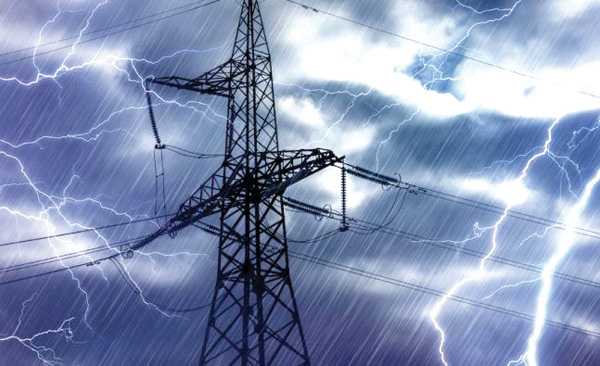When the heavens open up and raindrops tap-dance on rooftops, it’s a symphony of nature. But amidst this watery ballet, there’s a hidden danger—electrocution.
Electrical safety is especially important during the rainy season since there is a higher danger of electrocution from water-related hazards and lightning strikes.
Whether indoors or outside, it is very important to take steps to reduce the risk of electrical accidents during inclement weather.

You can protect yourself, your loved ones, and your property from injury by following simple recommendations and staying up to date on electrical safety precautions.
In this electrifying guide, we’ll explore some tips to avoid electrocution and be safe throughout the wet season.
Stay indoors during thunderstorms
Avoid going outside when there is lightning and thunder. Lightning can cause power surges and electrocution if it strikes power lines or electrical equipment.
Use surge protectors
Install surge protectors on all electrical outlets to prevent damage from power surges caused by lightning strikes or other electrical disturbances.
Unplug electrical devices

During a thunderstorm, unplug all non-essential electrical devices to prevent damage from power surges. This includes computers, TVs, appliances, and chargers.
Avoid water contact
Do not touch electrical appliances or outlets with wet hands, and avoid using electrical devices near water sources like sinks, bathtubs, or pools.
Inspect electrical cords
Check electrical cords for damage or fraying regularly, and replace them if necessary. Damaged cords can increase the risk of electrical shock or fire, especially during the rainy season when moisture is prevalent.
Keep electrical equipment dry
Protect electrical equipment and outdoor outlets from rain by using weatherproof covers or enclosures. Avoid leaving electrical devices exposed to the elements, especially during heavy rainfall.
Avoid overhead power lines
Stay away from overhead power lines during rainy weather, as water can conduct electricity and increase the risk of electrocution if lines are damaged or downed.
Be cautious with generators
If using a generator during a power outage, place it outdoors in a dry area away from windows, doors, and vents to prevent carbon monoxide poisoning. Make sure to follow all safety guidelines and never operate a generator in wet conditions.
Educate yourself and others
Teach family members, especially children, about the dangers of electricity during the rainy season. Encourage them to follow safety practices and report any electrical hazards or concerns immediately.
Keep emergency contact numbers handy
Save the emergency contact numbers of your electricity provider. If you notice any hazards or experience power disruptions, report them promptly.
ALSO READ THESE TOP STORIES FROM NIGERIAN TRIBUNE







